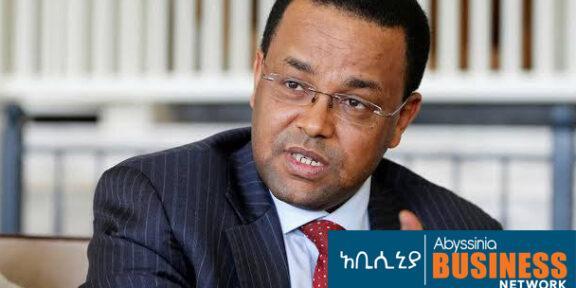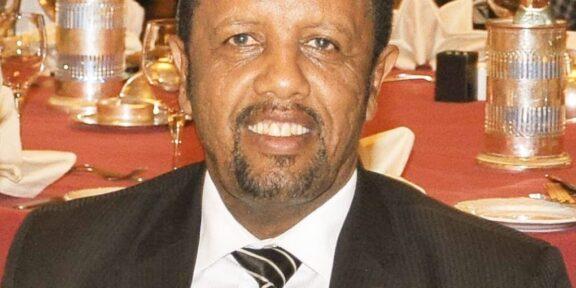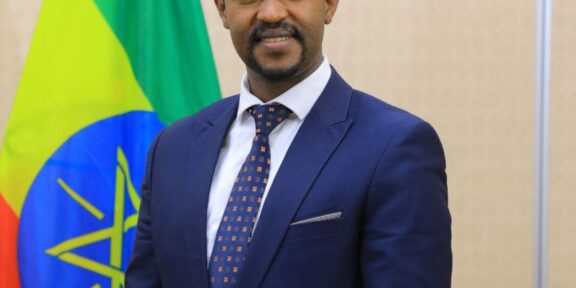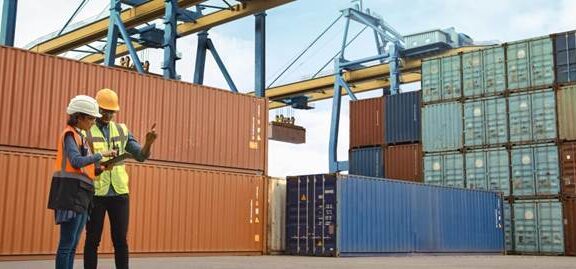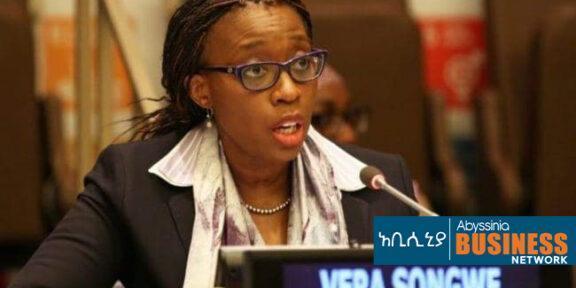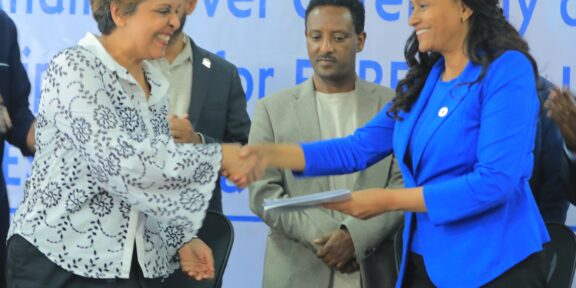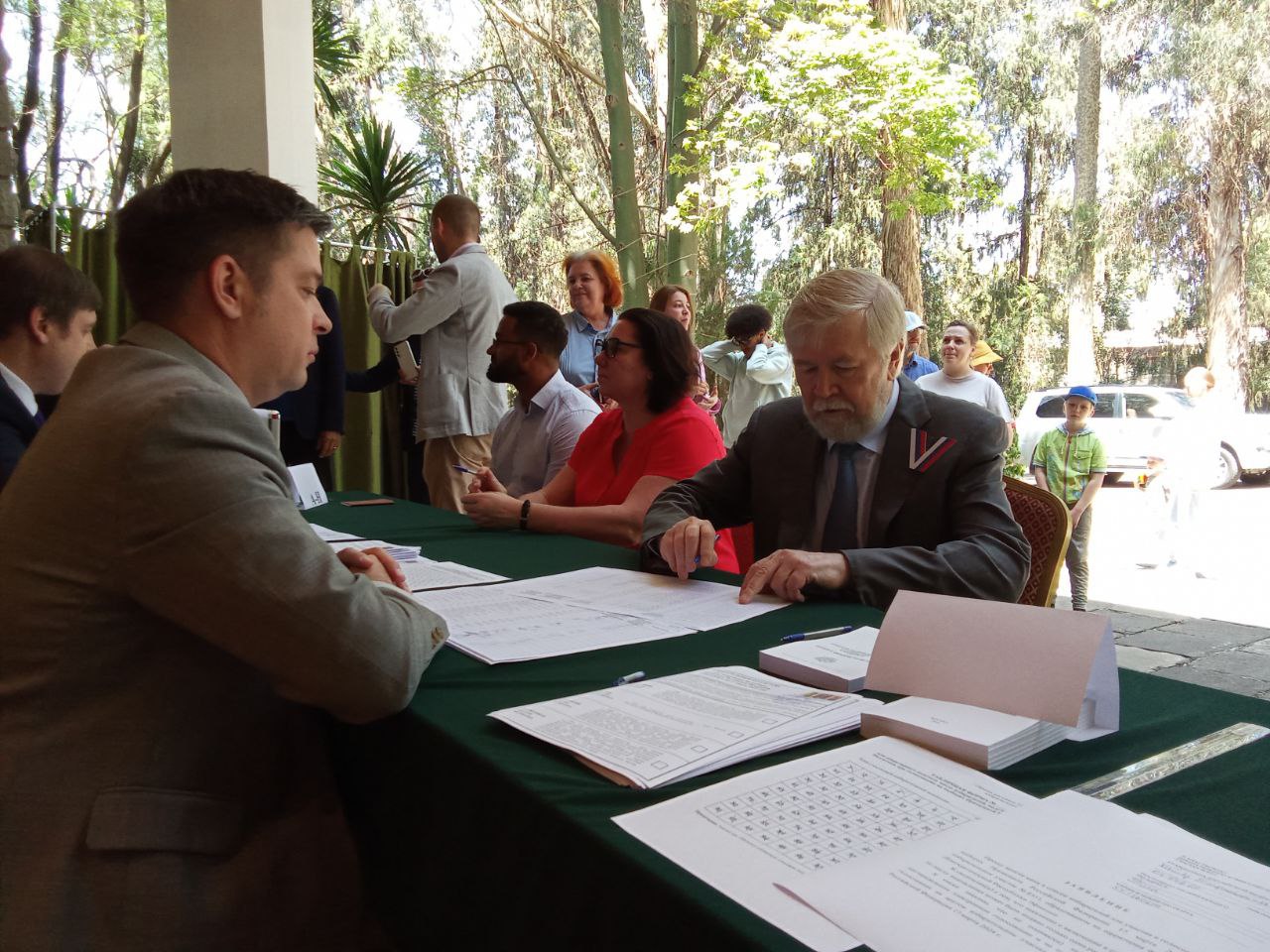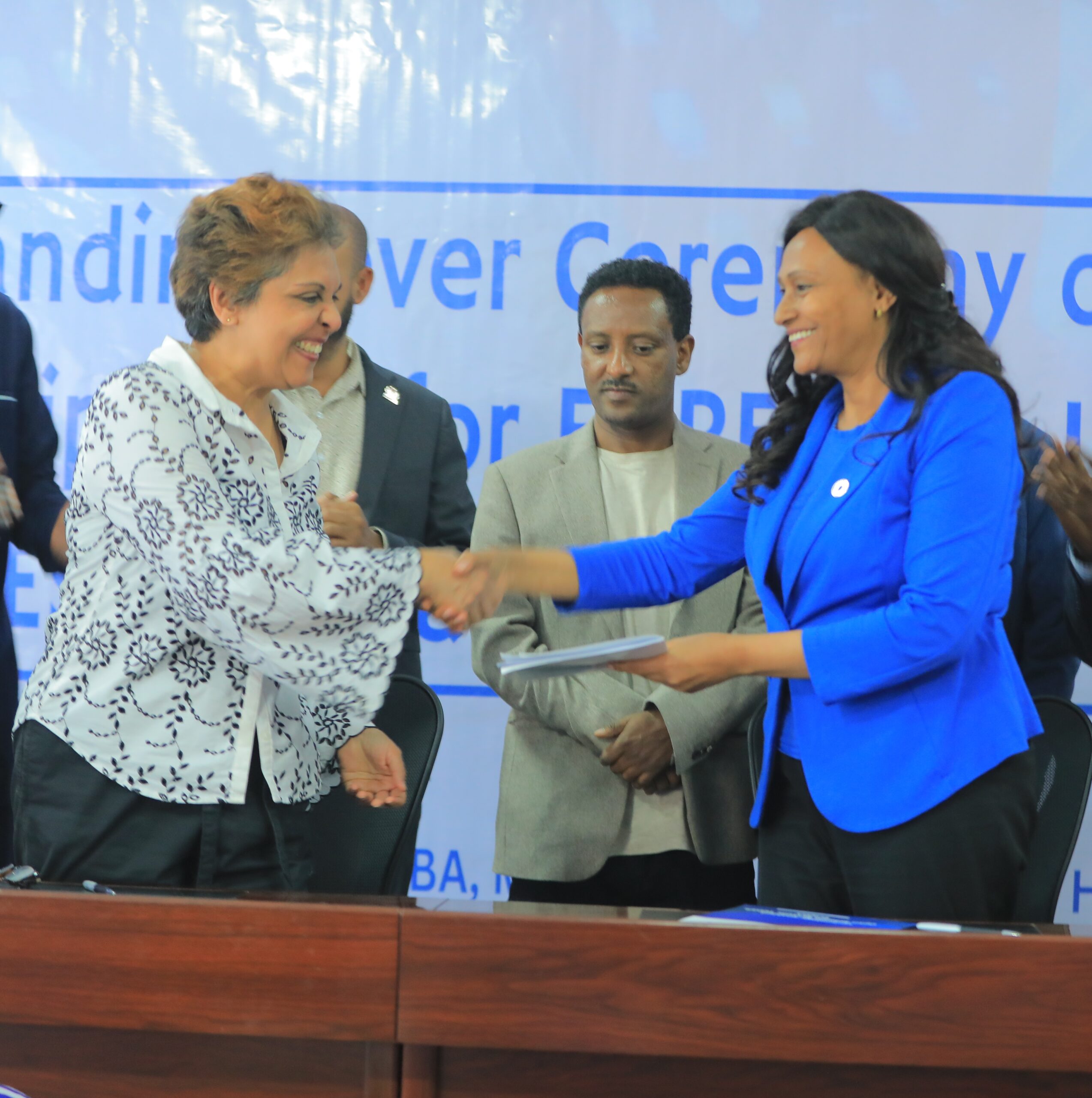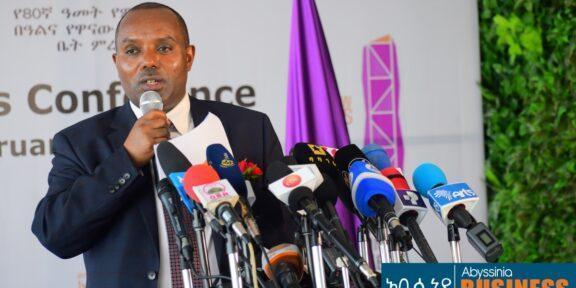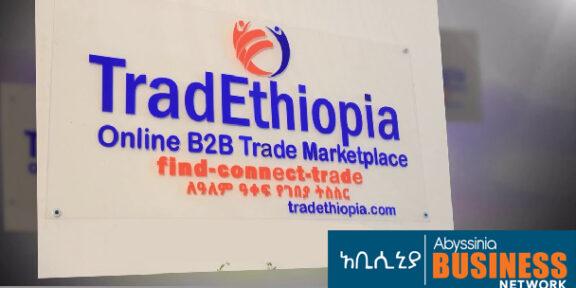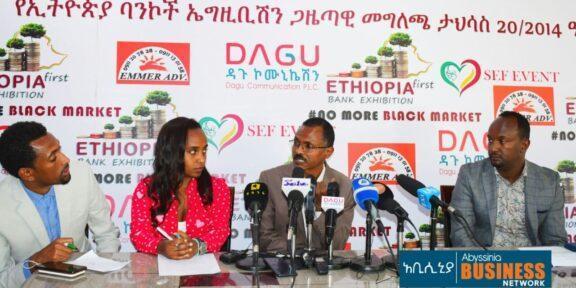An economy works by creating a network of markets composed of buyers and sellers. These economic markets allocate scarce resources among the players within that market. When we think of a country’s economy, we’re usually thinking in terms of macroeconomics. Similarly, when we’re thinking of the individual markets in the network, we think in terms of microeconomics.
So what determines how well or poorly an economy performs? As we explore in our open step on economic factors, some of the aspects that influence an economy include growth, unemployment rates, inflation, interest and exchange rates, and commodity. These factors affect the income and purchasing power of households and organizations. When we measure the success of a national economy, we talk in terms of gross domestic product – the value of the country’s finished goods and services in a specific time period.
This time around the role of Ethiopian Diaspora in overall socio-economic and political activities is believed to be very crucial while the country has faced both internal and external economic and political pressure. ABN sat down with Kebour Ghenna, the president of the Pan African Chamber of Commerce and Industry and one of the prominent economists working as consultant and managing in different Ethiopian and continental organizations, to reflect his views and takes on the “Great Ethiopian homecoming” call for the Ethiopian diaspora community residing in the different corners of the world for the common goal of opposing foreign pressure on Ethiopia.
The aim of the great Ethiopian homecoming call is to stimulate the diaspora community in its involvement in the ‘No more’ movement. Additionally, it aims to engage the community to visit Ethiopia and look into the possibilities of contributing to investment activities such as tourism, manufacturing, services and other facets of the Ethiopian economy.
Kebour didn’t shy away to express his concerns as well in that the exaggerated number of diaspora returnees seems far-fetched and over ambitious. He claimed that given the capacity of hotels in the country, organizing the necessary provisions and host 1 million people seems beyond the capacity of the country.
The national call is, as Kebour’s reflection, aimed at helping Ethiopia in the time of need. Also, the previous dispersed and disorganized efforts can become well directed to achieve a common goal which was not the case in prior situations.
When it comes to bureaucratic complications observed in many governmental offices, it is in no question that special exemptions and priorities should be the diaspora community investing in Ethiopia, but at the same time it should be done in a way that benefits local tax paying residents.
The diaspora community is also instrumental in bringing easily transferable knowledge especial in medicine and engineering disciplines. But to exploit this knowledge, differences of the diaspora and local community in working culture and other aspects have to be reconciled and also the diaspora investors should tune their way of working and operation by studying the local trends as Kebour highlighted.
“For a country like Ethiopia directing the knowledge and financial capacity of the diaspora community towards agriculture would sound more reasonable, while in other African countries the situation might be different.”
Asked on the areas of collaboration between the diaspora and Private sector, Kebour rather believed that the diaspora would be much more productive if it collaborated with the actors in the Ethiopian private sector. He said that the government would be much more effective in handling regulations and policies rather than involving in the day-to-day business activity. In this regard, the role of organizations that link the diaspora community and the local private sector is very crucial.
Capacity of diaspora to involve in various sectors of activities differs based on the economic scenario of a country. For a country like Ethiopia directing the knowledge and financial capacity of the diaspora community towards agriculture would sound more reasonable, while in other African countries the situation might be different.
For example, Kenya’s diaspora is more involved in digital economy, whereas in Morocco engineering is given a special attention, as Kebour mentioned. The knowledge and experience of the diaspora community can be used in several areas. Engaging in logistics services to import or manufacture industrial inputs, e-commerce, and engineering are some areas of engagement that are open for the taking.
“It is also to be noted that the peoples of the nation should be made beneficial first and the diaspora community will be prompted to come and engage when is conducive grounds are established.”
In Africa and Ethiopia in particular many local private companies have the opportunity and capability of working in several regions across the world. But this potential can further be tapped and used if the private sector and the diaspora community work together in tandem. These two entities can work together towards alleviating problems of capital, knowledge and market in private companies so that they can be more competitive in the global market and contribute to their respective countries’ GDP.
The contribution of foreign financial institutions such as banks and insurance are also a target future economic policy of Ethiopia but these institutions will not be allowed to join the market in the near future, Kebour explained. But when the time comes, the policies and regulations should not be aimed at only benefitting the diaspora community, but the provisions of such foreign institutions should also benefit local investors and professionals.
In making the diaspora community a contributing member of the society, there is a need to classify this community based on its different traits. The capabilities of this community differ based on the demographics and areas of engagement. Hence, integration of the diaspora must be made tailor made to the specific segment groups within the community. It is also to be noted that the peoples of the nation should be made beneficial first and the diaspora community will be prompted to come and engage when conducive grounds are established.
In his closing remarks, Kebour expressed his joy over the possibilities that exist for the diaspora community. In terms of new ways of enlightenment, work culture and investment there is a lot for the diaspora community to engage in and if harnessed properly the “Great Ethiopian homecoming” can be used in the future to build long-lasting economic and professional opportunities for Ethiopia.


